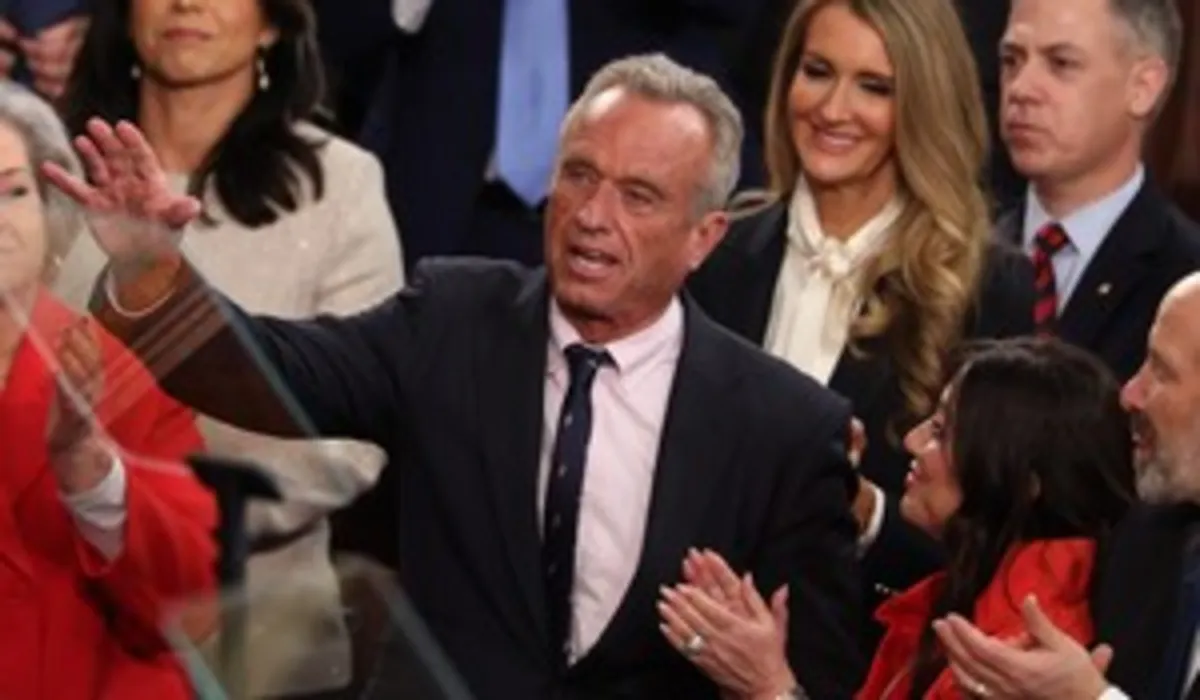
The US Centers for Disease Control and Prevention (CDC) has announced plans to conduct a study exploring potential connections between autism and vaccines. This initiative arises in response to growing concerns about vaccine safety and efficacy, particularly highlighted by Health and Human Services (HHS) Secretary Robert F. Kennedy Jr., who has called for a concerted effort to ensure that accurate information is disseminated regarding vaccinations.
While Kennedy does not oppose vaccines outright, he emphasizes the importance of individualized decision-making when it comes to vaccination. This approach aims to empower parents to make informed choices based on their own circumstances and beliefs. Additionally, Dr. Jay Bhattacharya, who was nominated by President Donald Trump to lead the National Institutes of Health (NIH), expressed his stance on the matter. He stated that he does not “generally believe” in a link between autism and vaccines but supports a comprehensive scientific agenda driven by data to provide clarity on this contentious issue.
Amidst these discussions, the United States is witnessing a troubling decline in childhood vaccination rates. This decline has coincided with a notable outbreak of measles in the southern states, particularly in Texas. In light of this outbreak, Kennedy's remarks regarding the frequency of such occurrences—indicating that they are “not unusual”—have drawn criticism from various public health advocates.
The potential link between vaccines and autism has long been a topic of debate, with numerous theories circulating in public discourse. It is important to note that many experts believe the increase in autism diagnoses is largely attributable to improved and more comprehensive screening processes over the years. However, the official cause of autism remains largely unclear, leading to ongoing research and inquiry into the matter.
The CDC's commitment to studying the relationship between autism and vaccines highlights the need for continuous research in the realm of public health. By focusing on concrete data and scientific inquiry, health officials aim to address the concerns surrounding vaccine safety while fostering informed decision-making among parents. As the dialogue continues, it is crucial for the public to remain informed by credible sources and to engage in discussions that prioritize health and safety.